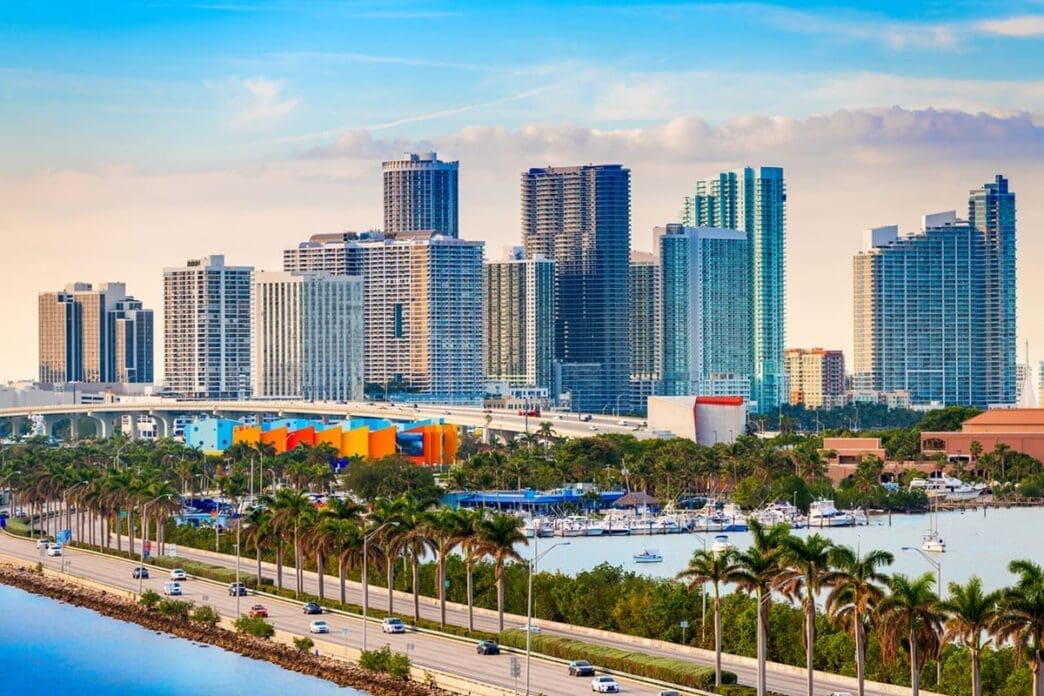Recent findings from a University of Miami study have unveiled that nearly 70% of luxury condos and hotels in Sunny Isles, Miami Beach, Bal Harbour, and Surfside are experiencing unexpected ground sinking. This phenomenon affects 35 buildings, including notable structures like the Surf Club Towers and the Faena Hotel, which have descended by up to three inches between 2016 and 2023. This unsettling discovery raises questions about the structural integrity of these high-rise residences and accommodations.
The University of Miami’s research highlights a troubling trend in the real estate sector along Miami’s well-known beachfronts. These ecosystems, home to tens of thousands of residents and attracting numerous tourists annually, are now at risk. The study spotlights buildings such as the Porsche Design Tower, The Ritz-Carlton Residences, and Trump Tower III, which are all showing signs of sinking. Such revelations are particularly alarming given the dense population and the high property values in these areas.
Aside from impacting the luxury housing market, these findings might also influence future real estate developments and investments in the region. Potential buyers and current residents could face higher maintenance costs and decreased property values if this trend continues without significant interventions. Furthermore, these developments could prompt city officials and urban planners to reconsider existing building codes and construction practices, especially in coastal areas prone to such geological shifts.
This revelation comes at a time when the South Florida real estate market is already experiencing dynamic changes, including an increase in rental-to-condo conversions driven by a shortage of new condominium inventory. As demand for modern residential spaces continues to rise, developers are increasingly turning to conversion projects to meet buyers’ needs. However, with the added complication of sinking structures, the feasibility and safety of such ventures could be called into question.
While the study primarily focuses on the structural issues faced by these buildings, it also raises concerns about environmental factors contributing to this situation. The sinking of land in coastal areas is often linked to various elements such as natural subsidence, sea-level rise, and human activities like construction and groundwater extraction. Understanding and addressing these causes is crucial for developing long-term solutions to prevent further structural damage.
The unexpected rate of ground sinking affecting Miami’s luxury condos and hotels poses significant challenges for property owners, residents, and investors. This issue highlights a need for a concerted effort from geologists, urban planners, and policymakers to protect these valuable properties and ensure the safety of their occupants. As Miami continues to grow and evolve, addressing foundational stability becomes a vital concern for maintaining the city’s reputation as a prime real estate destination.
Source: Floridatrend








